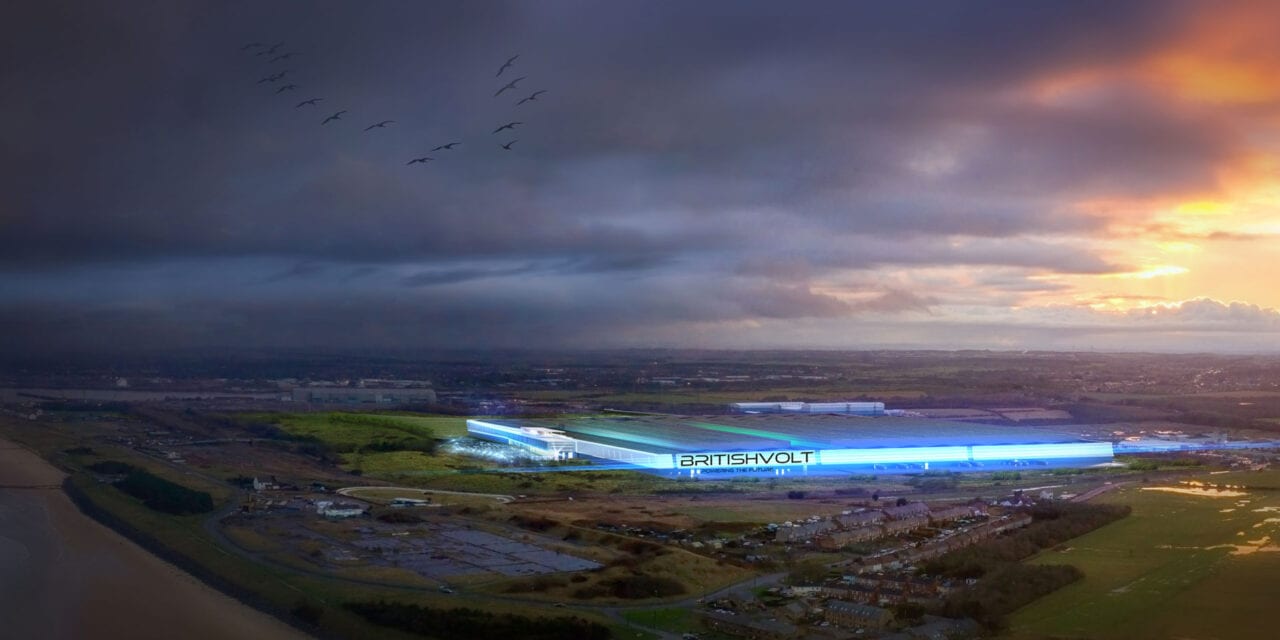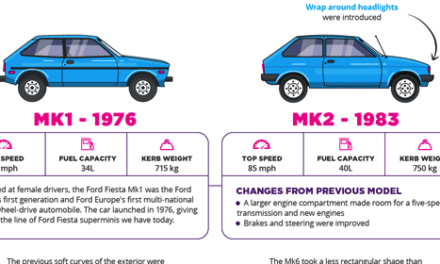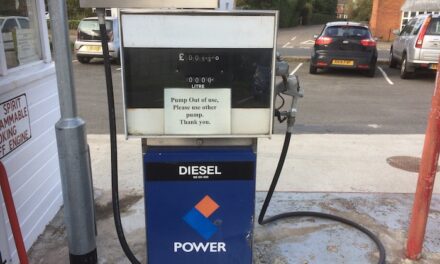Electric vehicles are fast becoming a big deal. The government has pledged that the sale of new diesel and petrol vehicles will be banned by 2030, and adoption of new electric vehicles is increasing, year-on-year. Millions of UK motorists are, over the course of the next decade, going to need batteries for their new vehicles – whether they’re buying outright, or leasing an electric vehicle instead.
To prepare for this new kind of automotive industry, an enormous battery factory is being built in the North East, set to open in 2023. The original intention was to build the facility in South Wales, but eventually it was decided that Northumberland was a better bet. It’ll go up on the site of the former Blyth Power Station, and provide 8,000 high-skill jobs for the surrounding area – 3,000 of these arriving in the facility itself, and a further 5,000 indirectly across the supply chain.
This comes at a time where other big names, like Tesla, are considering their own facility in Britain. The country provides an assortment of attractive incentives for would-be investors, including a thriving base of talent and high-class universities.
How much capacity is being generated?
The project is nominally the first of its kind: a ‘gigaplant’ – though the company responsible, Britishvolt, explain the term by saying that it means ‘large factory’. They claim that the facility will be capable of producing 300,000 batteries per year – a target which they hope to meet by 2027.
These batteries can be used both for electric vehicles and for energy storage devices in homes – which are extremely useful for homeowners looking to generate energy at home. Conceivably, you might have a solar-panel on the roof feeding a battery in the garage, which in turn charges the one in your car.
How Sustainable is it?
Electric cars have the potential to be far more environmentally-sound than their internal-combustion-engine-driven equivalents. But they’re not necessarily so. As the manufacturer puts it, “There is little point in producing batteries for zero-emission electric cars if the batteries that power them have not been produced in a sustainable way.”
They’ve committed to keeping the supply chain as local as possible. According to recent recruit, Joe Bakaj, “…having local supplies and, in terms of the environmental impact, having access to renewable energy at a competitive cost is key.”
In the beginning, according to Bakaj, the strategy will be to offer a high level of customisation and product diversity, to cater to the various types of application, from tiny scooters to double-decker buses.
The opening of the Gigafactory will reduce the UK’s reliance on imports of batteries from Asia, a process which can be expensive and environmentally damaging, given the complexity, size and weight of the products being shipped.











